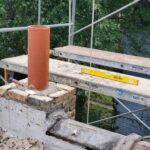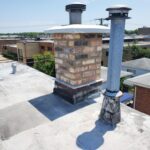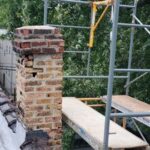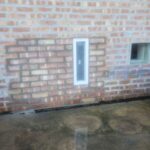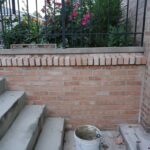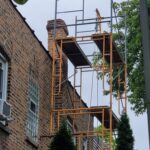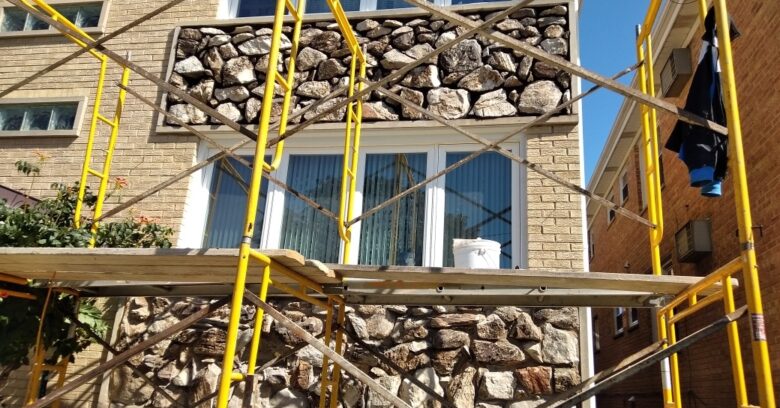
Stone Masonry Services at 777 Masonry Brick Corp
Masonry stone is a versatile building material used in construction for its durability, aesthetic appeal, and structural integrity. Stone masonry involves the use of natural stones to construct walls, columns, arches, and other architectural elements. It has been used for centuries and remains popular in modern construction.
Types of Masonry Stone
Rubble Masonry
- Random Rubble Masonry: Irregularly shaped stones are used without dressing.
- Coursed Rubble Masonry: Stones are laid in regular courses but remain roughly shaped.
- Dry Rubble Masonry: No mortar is used; the stones are fit together tightly.
Ashlar Masonry
- Plain Ashlar Masonry: Stones are finely dressed with uniform sizes and shapes.
- Chamfered Ashlar Masonry: Edges are beveled for a decorative finish.
- Rusticated Ashlar Masonry: The faces of the stones are left rough for aesthetic purposes.
Veneer Stone Masonry
- Thin, decorative stones are applied to surfaces, giving the appearance of solid stone.
Dry Stone Masonry
- Stones are stacked without mortar, often used for retaining walls or landscaping.
Composite Masonry
- Combines different types of stone or materials like brick and stone for specific structural or aesthetic purposes.
Cladding Stone Masonry
- Thin layers of stone are fixed to walls as a decorative covering.
Benefits of Tuckpointing
01. Fire Resistance
Natural stone is non-combustible, offering better fire resistance than bricks
02. Aesthetic Appeal
Offers a natural, timeless, and elegant look that enhances architectural beauty.
03. Low Maintenance
Requires less frequent repairs compared to brick masonry.
04. High Strength
Stones like granite and basalt provide superior compressive strength, making them ideal for heavy-load structures.
Comparison Table: Stone vs. Brick Masonry
| Feature | Stone Masonry | Brick Masonry |
|---|---|---|
| Durability | Superior, lasts centuries | Durable but less than stone |
| Cost | Higher material and labor cost | More affordable overall |
| Aesthetics | Natural, rustic, and elegant | Versatile with various patterns |
| Strength | High compressive strength | Moderate strength |
| Fire Resistance | Excellent | Very good |
| Ease of Installation | Labor-intensive, requires skilled labor | Easier to install |
| Maintenance | Low | Moderate, may require repointing |
| Environmental Impact | Natural and sustainable | Manufactured, higher environmental impact |
| Thermal Properties | High thermal mass | Good insulation |
| Seismic Suitability | Requires reinforcement | More adaptable in seismic zones |
Why Choose 777 Masonry Brick Corp for Tuckpointing?
- Experienced Craftsmen
- High-Quality Materials
- Seamless Matching
- Chicago Expertise
Frequently asked questions
What are the advantages of stone masonry over other materials?
Stone is durable, fire-resistant, and environmentally friendly. It offers excellent thermal mass and aesthetic versatility.
What type of stone is best for structural purposes?
Granite, basalt, and sandstone are strong and suitable for load-bearing applications. Limestone and marble are better for decorative purposes.
Can stone masonry be done without mortar?
Yes, dry stone masonry is done without mortar. It relies on precise stone placement and weight for stability.
How thick should mortar joints be in stone masonry?
Mortar joints typically range from 6mm to 20mm, depending on the type of masonry and the size of stones.
What tools are required for stone masonry?
Common tools include chisels, hammers, trowels, spirit levels, and mortar mixers.




